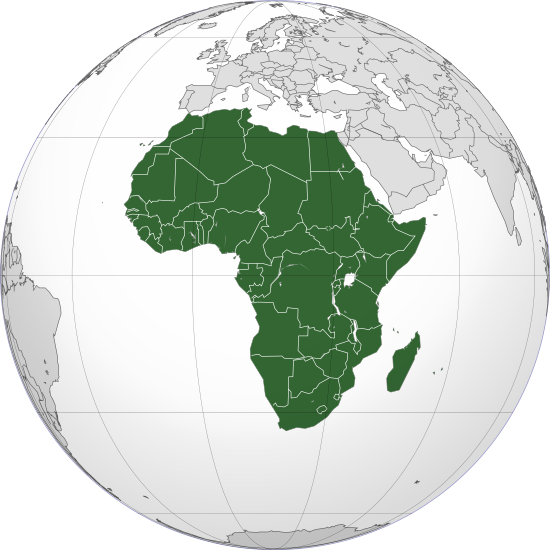The African Leaders for Nutrition on Monday inaugurated Ghana’s first lady Rebecca Akufo-Addo as a Nutrition Champion, acknowledging her work and commitment to sound nutrition and the wellbeing of mothers and infants.
The ALN initiative is a platform for high-level advocacy and engagement to advance nutrition in Africa, endorsed by the Assembly of Heads of State and Governments of the African Union (AU). It is led by ALN Champions, comprising current and former Heads of State, Finance Ministers and eminent leaders recognized for their ability to catalyze and sustain efforts to end malnutrition in Africa.
The first lady joins other Nutrition Champions enlisted in 2018: His Excellency Hery Rajaonarimampianina of Madagascar, His Majesty King Letsie III of the Kingdom of Lesotho and Howarth Bouis, Acting CEO of HarvestPlus.
Calling her nomination an honour, the first lady said: “Of the basic necessities in life, I consider none more profoundly critical to humanity’s collective development and well-being than good nutrition. The time has come for us to deal a definitive blow to malnutrition in Africa.”
The first lady spoke at a ceremony held in the Ghanaian capital, Accra, attended by government officials, ALN senior leadership, representatives of the John A Kufuor Foundation, the Global Panel on Agriculture and Food Systems for Nutrition and the World Food Programme.
African Development Bank Director of Human Capital Youth and Skills Department Oley Dibba-Wadda, described the appointment as “a high-profile addition to our network of Nutrition Champions that will drive forward the ALN, to ensure Africa’s food systems and diets support good nutrition”.
Akuffo Addo has spearheaded several campaigns to promote the welfare of women and girls in Ghana. Her Save A Child, Save A Mother project, raised US$ 2million for a state-of-the-art mother and baby unit at the government Komfo Anokye Teaching Hospital in Kumasi, Ghana, helping to ease severe congestion.
Former President of Ghana and Global Panel Co-Chair, H.E. John Kufuor also welcomed the appointment, saying: “she will provide the necessary leadership to ensure African Food Systems are repositioned from feeding people to nourishing people”.
Many African countries are making excellent progress on tackling malnutrition. Ghana, for example reduced stunting from 35% to 19% between 2003 and 2014. But more needs to be done. Malnutrition through poor-quality diets is a greater public health threat than malaria, tuberculosis or measles.
The latest data, according to United Nations figures, shows that 7.1% of African children under 5 are wasted and 30% are stunted. At the same time, the number of overweight children and adults is increasing. 41% of African men and 26% of women are overweight.
African countries are experiencing an emerging ‘triple burden’ of malnutrition, where individuals concurrently lack enough basic calories, are micronutrient deficient, or suffer from being overweight or obese with associated diet-related non-communicable diseases. Poor diets through inadequate food systems are at the heart of this.


